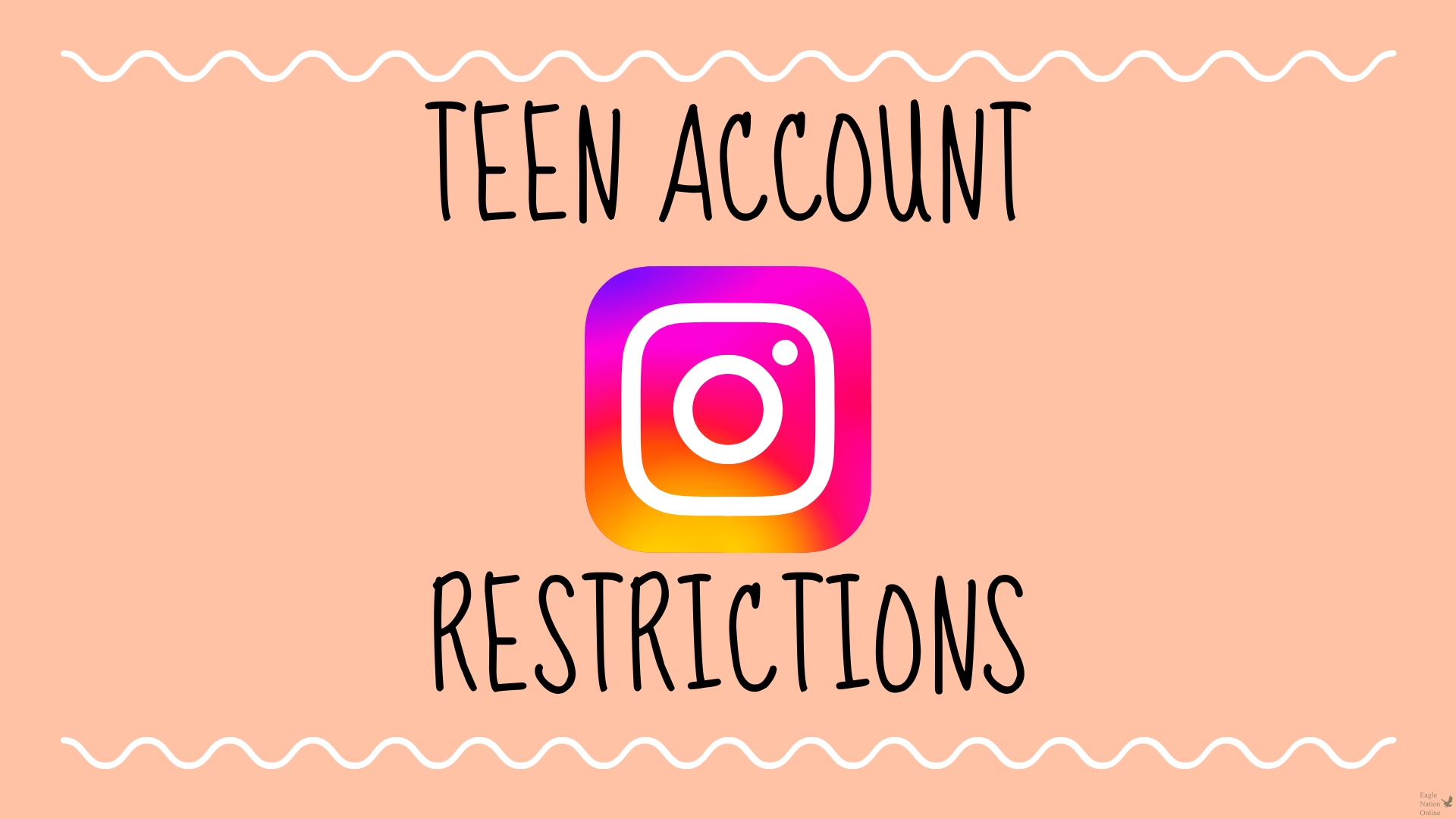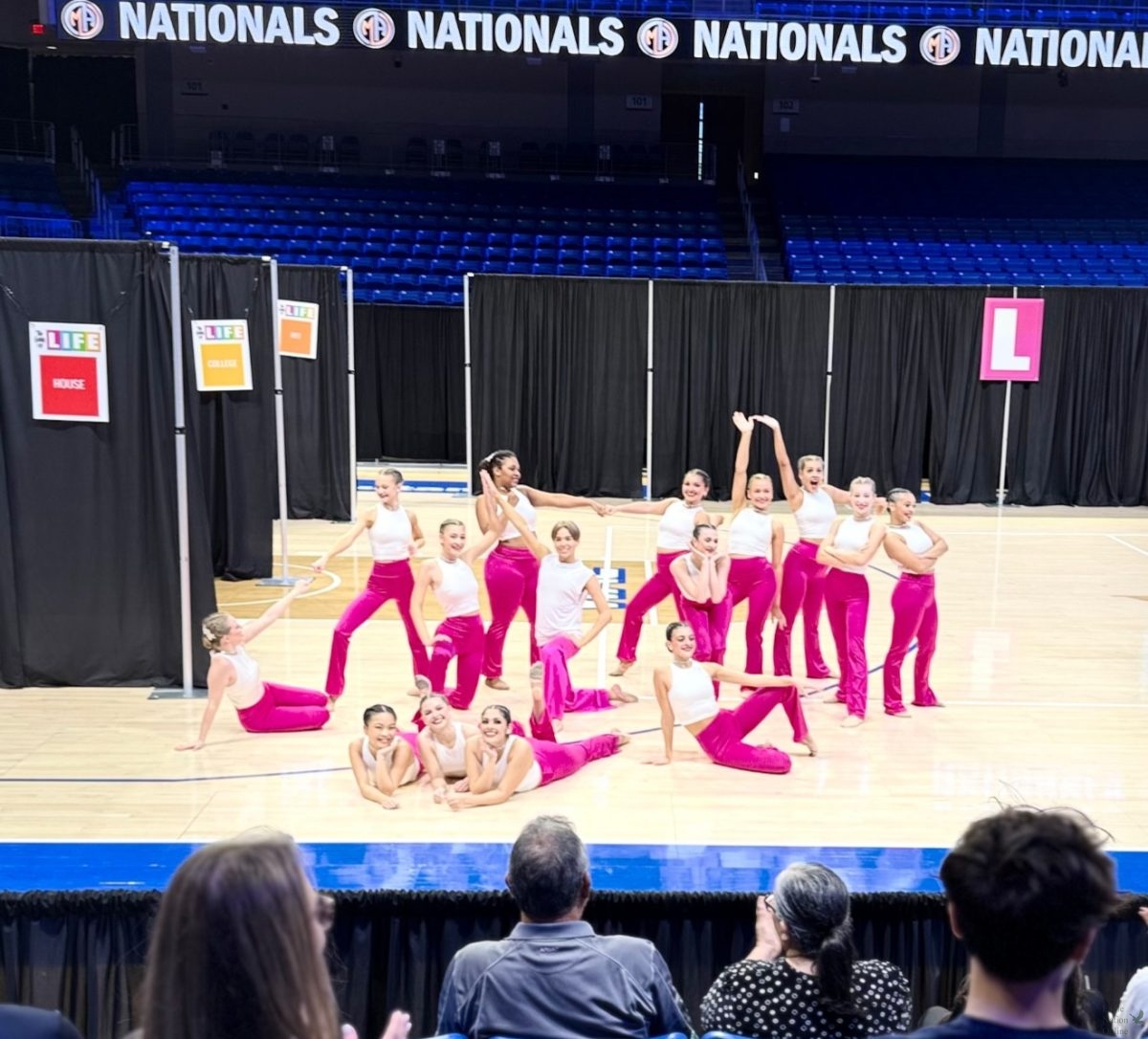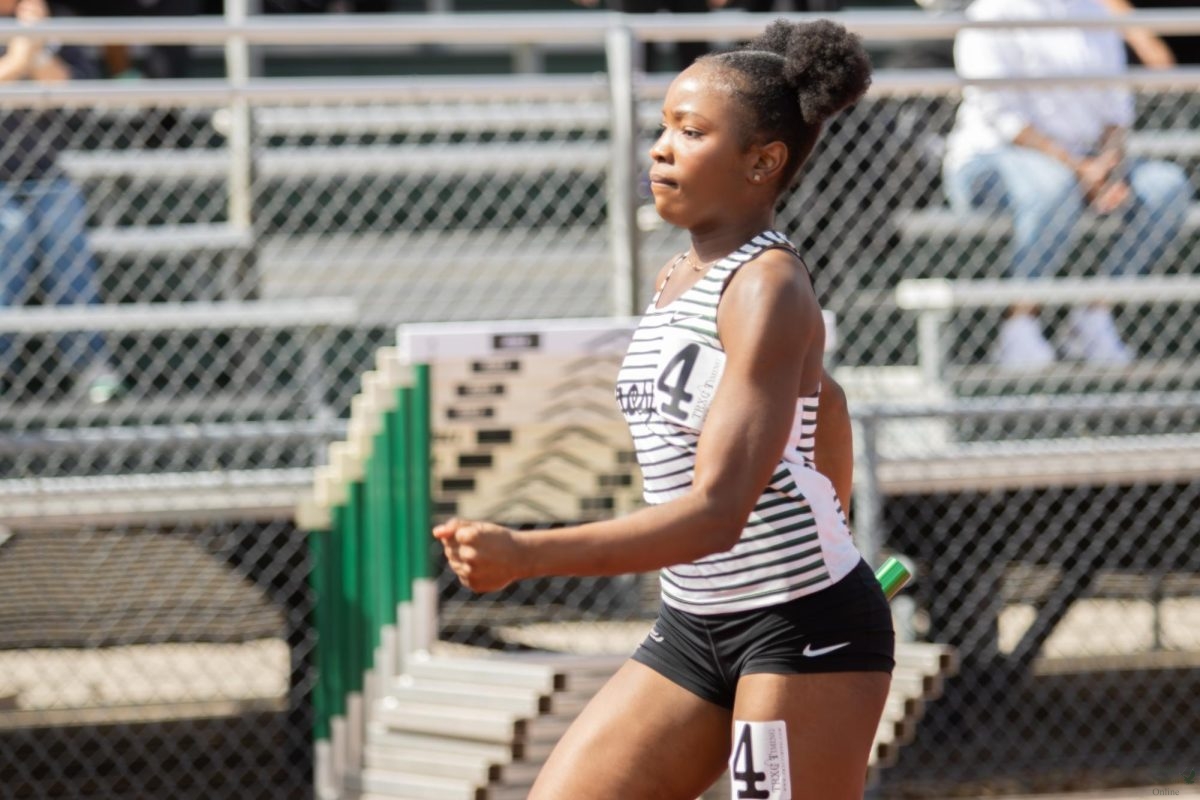During a time where teenagers’ social media continues to grow bigger than ever, Instagram has announced new Teen Account restrictions coming in 2025.
The new restrictions a new age verification policy. Users are required to be at least 13-years-old to get an Instagram account and can set their age by giving their birthday, photo identification, and/or a video selfie. More information about age verification can be found at Newsroom. Freshman Steven Espinoza said he has an idea of how this will impact students.
“I think that it is nice how, now, people can decide what they want to watch on Instagram,” Espinoza said. “But, some people might fight that.”
Changes in privacy have been made on the platform. Teenagers under 18 now automatically have their account set to private when they join the platform. Private accounts allow users to control who sees or responds to their content. Meta, the parent company of Instagram, is also making changes to the direct messaging feature. Adults over 18 will no longer be able to message teenagers they are not connected with on Instagram or Messenger. Espinoza said he believes people may rebel against the restrictions.
“People want everything to stay the same,” Espinoza said. “And, people don’t like change.”
Also, teenagers now have protection from suspicious adults. Meta has developed technology that allows them to find adult accounts that have shown suspicious and possibly dangerous behavior, such as adults who have been blocked or reported by a young person. More information about reporting dangerous or suspicious adults can be found at Meta’s Online Child Protection page.
“I feel as if people will rebel,” Espinoza said, “when they realize they aren’t getting their freedoms.”
Instagram announced new restrictions for content as well. The new sensitive content control enables users to control how much or how little sensitive content they see from accounts they don’t follow. Teen accounts have two options for this: “standard” and “less.” All accounts for users under 18 are automatically set to “less” unless they opt out. Accounts for 16-year-olds can change this setting with parents’ permission. This makes it difficult for teenagers to find sensitive content in their Search, Explore, Hashtag Pages, Reels, Feed Recommendations and Suggested Accounts. Espinoza said he believes there will be a negative response from teenagers over this feature.
“I feel the opt out option will not be enough for teenagers,” Espinoza said, “because even the idea was so horrible that they will probably fight back anyway.”
For all users on Instagram, they remove content that goes against their Community Guidelines and do not recommend content that goes against their Recommendation Guidelines. For teens under 16, sensitive content will be hidden even if it’s shared by people they follow or friends. For example, content that discusses self-harm and eating disorders or that includes borderline adult nudity. Instagram is working applying these settings for people under 18 in the coming months. Content that could be seen as disturbing (for example, graphic or violent content) will be removed for users under 18. Lastly, Instagram will restrict the visibility of certain goods and services relating to alcohol, tobacco, bladed weapons, weight loss products, cosmetic procedures, sex toys, sexual enhancement products, gambling or entheogens. If there is a post online containing any of those things, users are encouraged to report it.
Parents will be able to supervise their children between ages 13-17. The supervision is optional and both the child and the parent must agree to it. When supervision is set up in the Family Center, parents can set up a time limit, schedule breaks, see how much time their teen has spent on the app, see who they follow and who follows them, shared connections, who they have blocked or have reported and their teens safety settings.
Freshman Caleb Gabbai said he does not think the new restrictions will apply to him, thanks to the parental controls already on his phone.
“It’s connected to my mom’s account,” Gabbai said. “So, it does not affect me.”
Teens under 18 will start getting notifications that will push them to switch to a different topic if they look at a lot of the same thing on their Explore page for a while. These notifications are called nudges, and they are designed to help teenagers discover something new. Junior Lucas Drum gives his thoughts on the situation.
“I think it is fair to restrict the teenagers on Instagram,” Drum said. “There are a lot of weird things on the internet fueled by weird people, and, developmentally, it’s a good idea to keep young kids away from these areas where they can get dangerous habits and experience significant issues and danger.”
Note: Teen Accounts are currently only available in some locations and will be introduced globally in early 2025. Teen Accounts are being rolled out on an individual basis, which means parents and guardians may have a teen who has a Teen Account before their other teens do.












